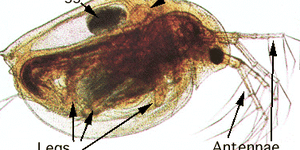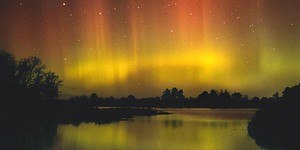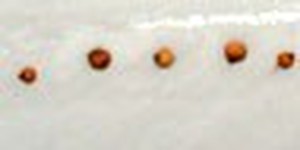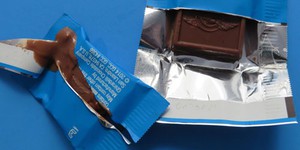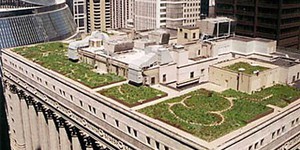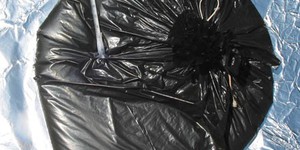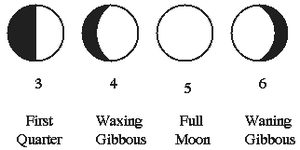Others Like “Don't Get Burned! Measure the UV Index at Different Times of the Day” (top 20 results)
|
Changes in the environment, or stimuli, affect your behavior and movement over the course of a day: When you get cold, for instance, you might get up and put on a sweater. Or if it is sunny and warm, you might go outside to play sports or go for a walk. Different stimuli, including light, affect the movement of other organisms as well. But how does the type of light influence their movement? Do they respond differently to different kinds of light, depending on other factors in their…
Read more
Scientists have known for hundreds of years that sunspot activity waxes and wanes over a cycle that lasts approximately 11 years. In the 1970's, scientists discovered that the sun periodically blasts electrified gases into space, in huge outbursts called 'coronal mass ejections,' or CMEs. This project asks the question: do CMEs follow the solar sunspot cycle?
Read more
We all know that plants need sunlight and water to grow big and tall. But did you know that inside seeds are baby plants, and that the fragile baby plant inside the seed needs to be protected? If you've ever had a sunburn, you also know that the sun gives off harmful radiation and heat. How much radiation and heat can a seed handle? Find out using some radish seeds, an oven, and your microwave!
Read more
What is the first thing you do when you wake up on a cold, frosty morning? Snuggle down deeper under the covers? Animals, like puppies and piglets, do not like being cold either, but they do not have hands or blankets to wrap themselves up. So when animals get chilled, they change their behavior and do things like huddle—they curl up close to other animals. In this mammalian biology science fair project, you will see just how much huddling can help reduce heat loss.
Read more
Did you know that your body has a built-in cooler? And it might not be what you think! Sweat is produced when you are hot, but its purpose is actually to cool your body as the water in it evaporates from your skin. In this science fair project, you'll use the energy produced when water evaporates to cool down chocolate-covered candy so it doesn't melt.
Read more
Would you like some sky vegetables for dinner? How about some fresh-cut roof flowers to put in vases in your house? Around the world, rooftops are being transformed into living green expanses. Besides beauty, rooftop gardens have a number of advantages, including growing food and taking carbon dioxide out of the air while releasing breathable oxygen. But can rooftop gardens also keep your house cooler and lower your energy bill? Try this science fair project to find out.
Read more
Isn't it nice to take a nice, hot shower or bath after a long day of playing outside? But have you really thought about how the hot water in your shower or bath gets hot? Sure, the water heater in your house gets it hot, but what makes the water heater work? Water heaters are powered by natural gas or electricity. But are there any other ways to heat water? What about using the Sun? In this science fair project, you'll give it a try by capturing energy from the Sun to heat water.
Read more
Have you ever wondered if some shapes have certain "sounds" to people, even if they have different native languages? For example, does everyone match certain physical characteristics, like sharpness or roundness, with certain sounds? Are there certain human sounds with meanings that can cross the language barrier? In this science project you will investigate this by testing the Bouba-Kiki Effect—will it turn out that abstract visual properties can be linked to sound?
Read more
Everyone loves looking at the full moon, but are these nights the best time to go stargazing? Can the moon interfere with certain astronomical observations?
Read more
The rates of some chemical reactions can actually be increased by adding light. Light sometimes interacts with one or more of the chemicals and provides an "energy boost" that dramatically speeds up a normally slow reaction. In this photochemistry science project, you will experiment with the effect of light on a chemical reaction. The reaction converts iodine, which forms a dark-orange solution, to iodide, which is colorless!
Read more
|
Explore Our Science Videos
Volleyball Machine: 2019 Engineering Challenge
Colorful Melting Ice Ball Patterns - STEM Activity
Write and Read Braille – STEM activity


